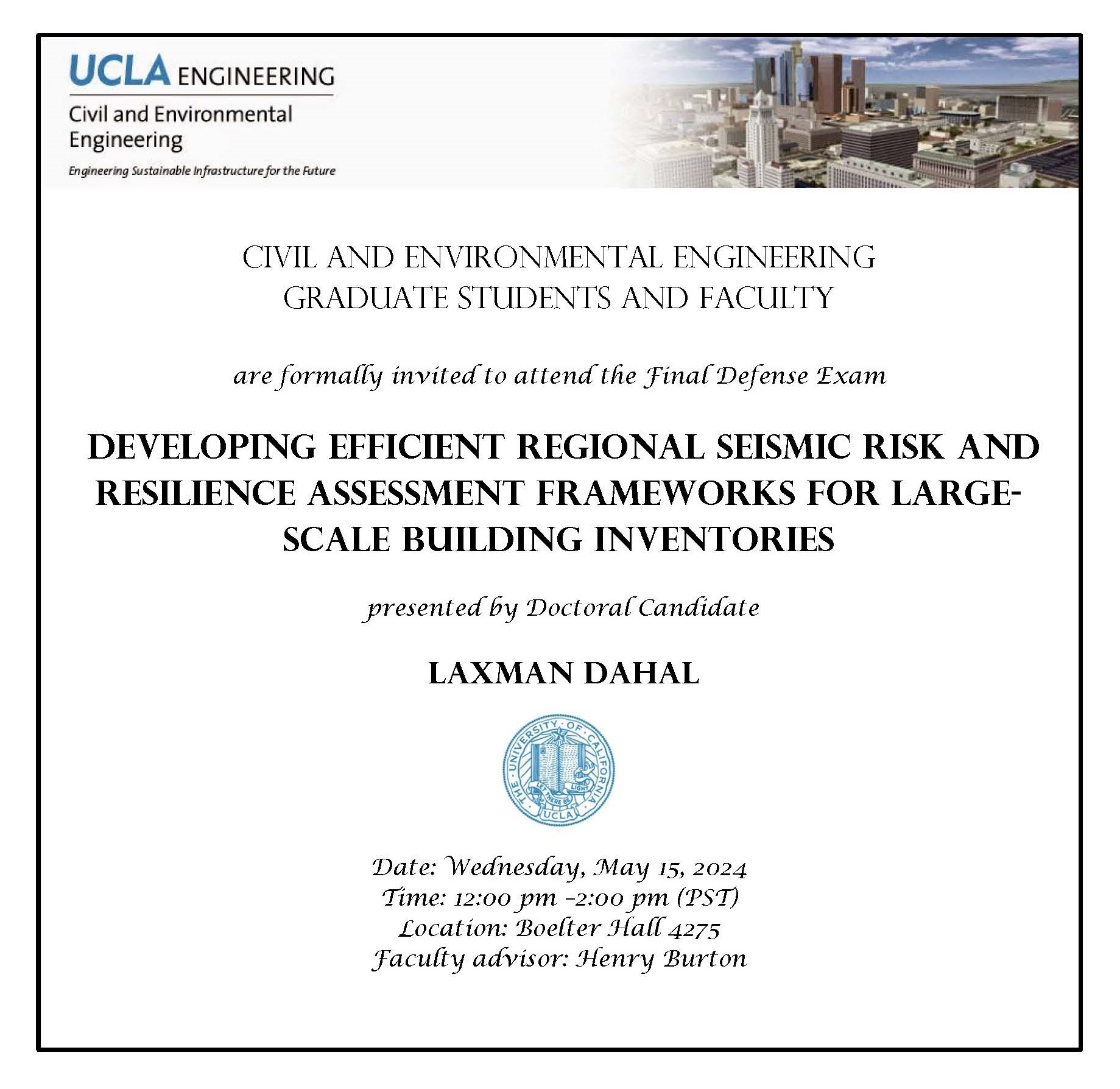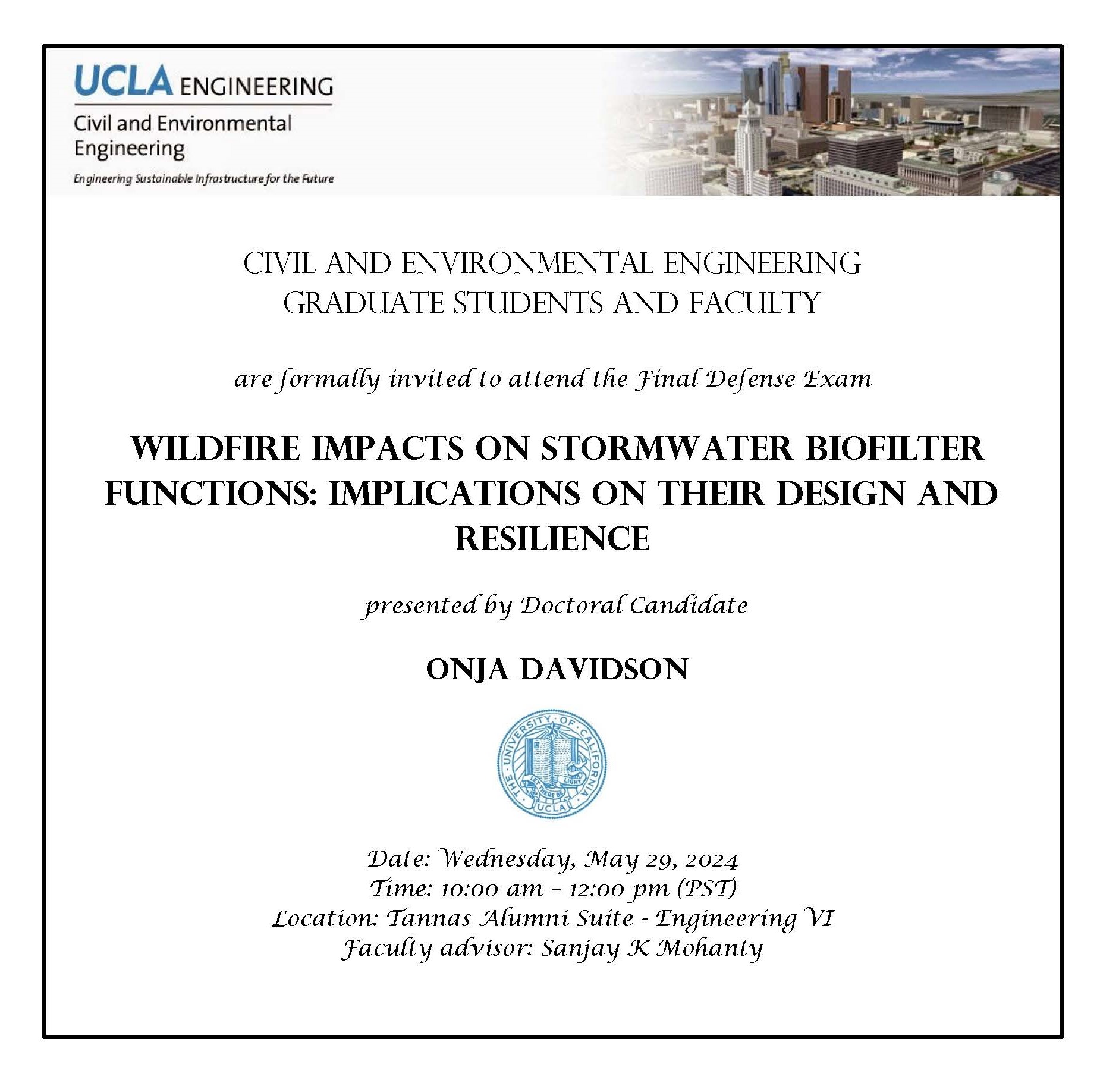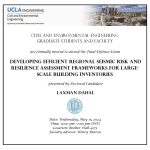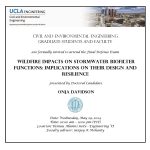Foad Yousef, Postdoctoral Research Scientist at UCLA presents ‘Riparian Zone Vegetation Health Assessment With Respect to Impacts of Agricultural Herbicides: A Case Study in Midwest and Great Plains Regions‘.
Riparian ecosystems are comparable to oceanic coral reefs with respect to phenomena such as biodiversity and biofiltering. These ecosystems naturally form in vicinity of rivers and host various plant and animal species. Due to their location, riparian zones often share long borders with agricultural fields where herbicides (weed killers) are commonly applied to eliminate unwanted plants. Therefore, there are potential concerns about wind forced displacement of the herbicides from croplands into the riparian zone. These herbicides can potentially negatively impact vegetation species and biodiversity of riparian ecosystems. Here, in this study, we are investigating the long-term trend (between 1992 and 2011) of riparian vegetation health and species composition in the Midwest and Great Plain areas. Vulnerable riparian zones are located in regions with high average wind speed and history of longterm herbicide application. Covering over 680 km of riparian zone along various rivers, 17 potential sites (from 5 different states; CO, NE, IA, MO, KS) were selected. Using Landsat 4 & 5 TM imagery, several vegetation indices (NDVI, SAMI, EVI, GAP, canopy coverage) were used for this assessment. Rresults suggest no negative trend in vegetation health of riparian zone over the past two decades, as NDVI, SAVI, and EVI indices have remained unchanged or even increased in some cases.
We hope to see you there!
Date/Time:
Date(s) - Jan 19, 2017
11:00 am - 12:00 pm
Location:
Boelter Hall 4275
4275 Boelter Hall Los Angeles CA 90095




